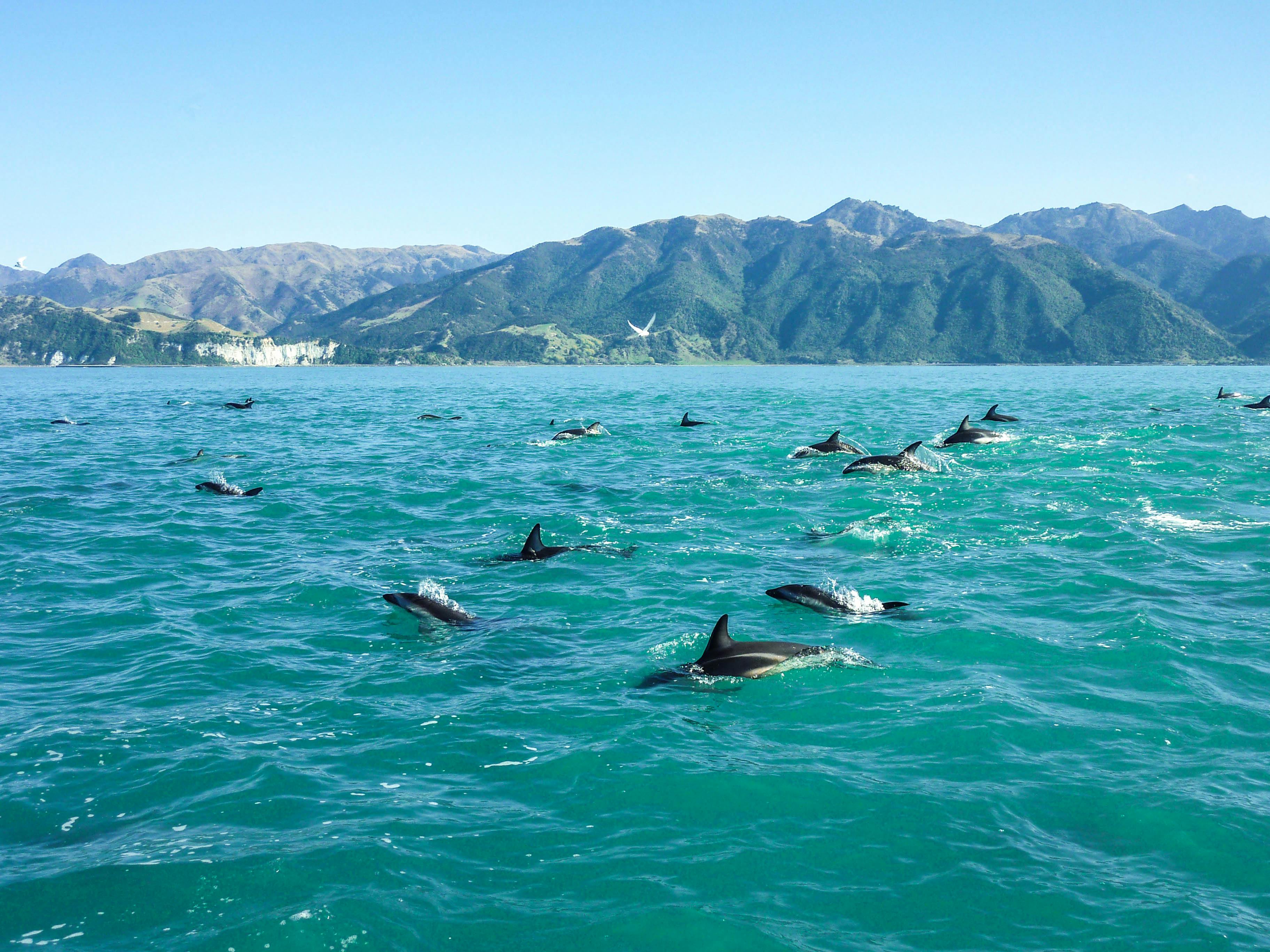Imagine diving into the crystal-clear waters offshore of Miami, only to find yourself surrounded by a scene of devastation. A moonscape. The water, once teeming with life, is clouded with sediment, and vibrant coral reefs are now buried beneath a layer of sand. This is the grim reality made manifest by the PortMiami dredging project that occurred from 2013 to 2015. The project resulted in catastrophic damage to adjacent coral reefs, triggering legal action by Miami Waterkeeper and co-plaintiffs. Despite the dredging company’s initial attempts to downplay the environmental impact, subsequent scientific research uncovered extensive coral mortality, and the National Oceanic and Atmospheric Administration has now released a report that supports our finding that millions of corals were likely killed and at least 278 acres of the Florida Reef Tract were severely impacted.
Call on Prime Minister Christopher Luxon and his Government to protect 30% of Aotearoa New Zealand’s ocean by 2030.
What you need to know
Aotearoa New Zealand’s ocean territory is one of the largest in the world — yet staggeringly, less than 1% of it is highly protected.
These waters are home to some of the planet’s most unique and threatened marine life: nearly half of all whale and dolphin species, the highest diversity of seabirds anywhere on Earth, and the Māui dolphin — one of the rarest marine mammals, with only around 54 left in the world.
But pollution, overfishing, and climate change are pushing marine ecosystems in Aotearoa to the brink. And instead of stepping up, the government has rolled back key protections, putting critical progress in jeopardy.
Protecting Aotearoa’s unique biodiversity for future generations will take collective action from all of us. The ocean is deeply connected to life and culture: more than half of New Zealanders live within 5km of the coast, and tangata whenua (Indigenous Māori communities) have long maintained deep relationships with the ocean, continuing to exercise kaitiakitanga (guardianship) today.


















